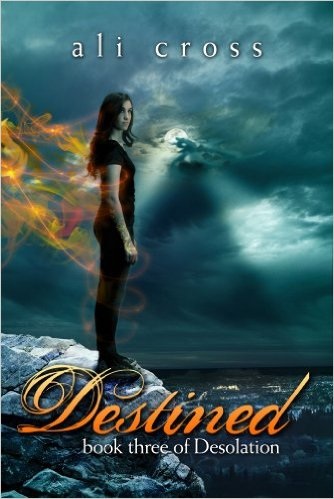

What was your opinion of the camerlengo when he is first introduced? How about by the end of the book?ĩ. Camerlengo Carlo Ventresca emerges as one of the most complex characters in the story. Do you believe this is true? What is the enduring fascination with conspiracy theories? Given what Dan Brown reveals about the history of the Illuminati, is their alleged vendetta against the Vatican justified?Ĩ. Had you heard of the Illuminati before reading Angels & Demons? The Illuminati is rumored by some to be active today. Does Langdon change his view on miracles by the end of the book?ħ. I study religious symbology - I'm an academic, not a priest" (21). When he first meets Maximilian Kohler, Langdon tells him he is "undecided on miracles.

How did he reconcile these two seemingly disparate entities? In what ways did her father's beliefs influence Vittoria's own opinions of science and religion?Ħ. How does her knowledge as a scientist come into play? Leonardo Vetra was both a scientist and a priest. Were you aware of the existence of CERN prior to reading this book? What is your opinion of the work they conduct, particularly in regard to antimatter technology?ĥ. Is there room in the world for both science and religion? Is one likely to render the other obsolete? Would you rather live in a world without science.or in a world without religion?Ĥ.


Angels & Demons is filled with examples of science versus religion, a debate that has raged for centuries. Discuss the other characters' motivations for their actions, both the "villains" and "heroes" in the story, including Vittoria, the Hassassin, the camerlengo, Cardinal Mortati, and Maximilian Kohler.ģ. What is your view of Robert Langdon? What motivates him to find out more about the circumstances of Leonardo Vetra's death? Is it merely academic interest? Aside from his scholarly knowledge, what else in Langdon's background helps him succeed during this adventure?Ģ.


 0 kommentar(er)
0 kommentar(er)
